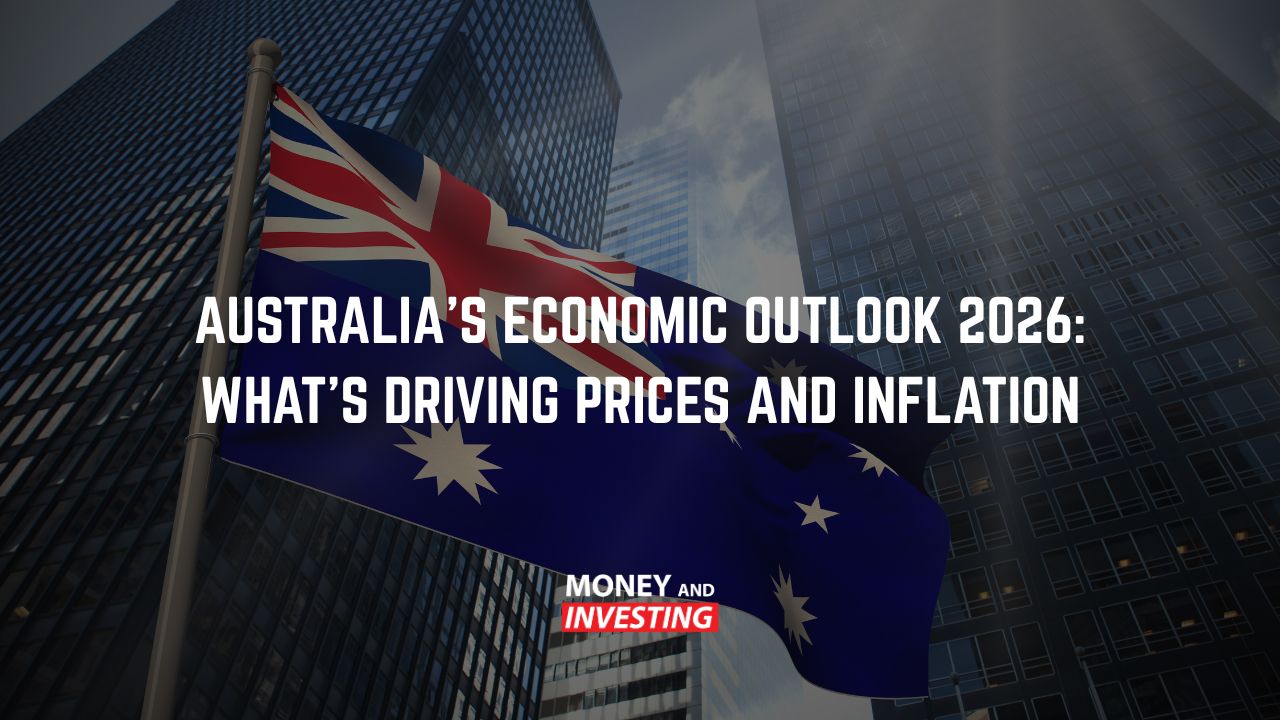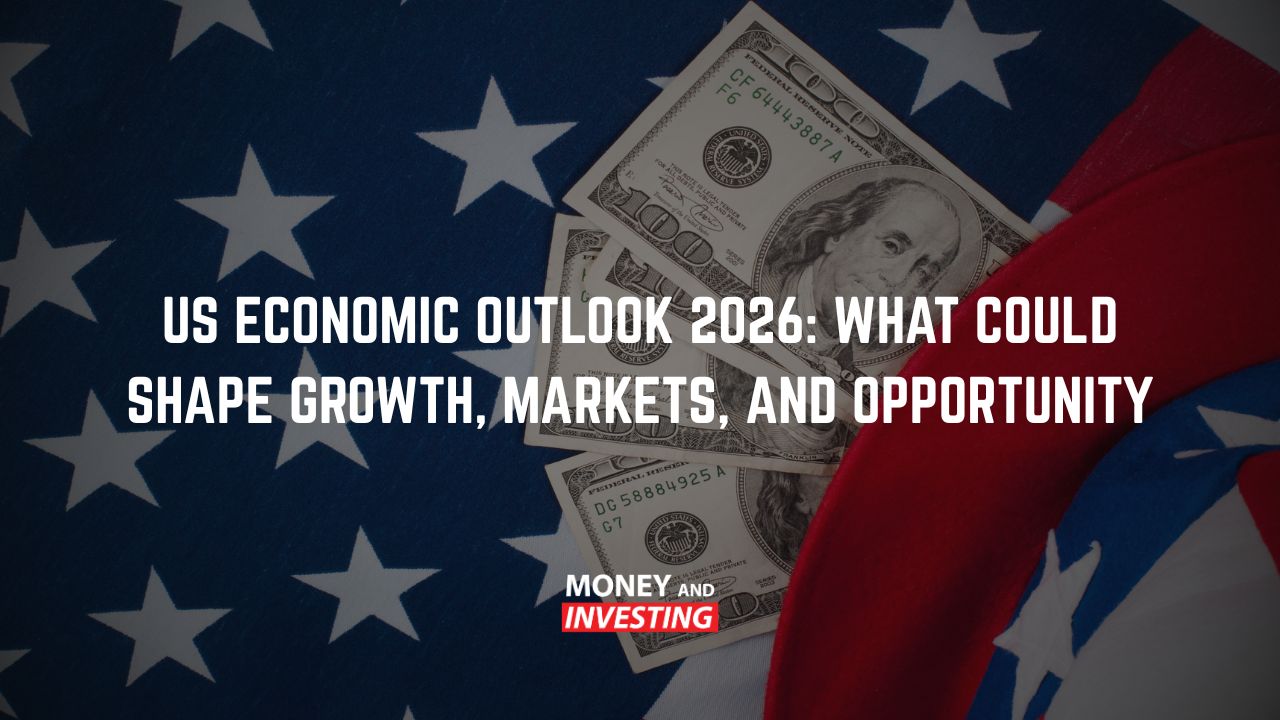When the market drops, investors’ feelings are bound to shift too. Selling in a panic, uncertainty, and fear become the center of it all. However, while shaking confidence, volatility can present an opportunity if you know how to take advantage of it.
In recent weeks, increased volatility across global markets has been evident. Regardless of whether you are a long-term investor or an active trader, it’s important to understand what causes these sharp movements, how to react, and where hidden opportunities lie amidst all this chaos.
What is Market Volatility and What is Its Importance?
Volatility is an uncertain circumstance which aligns with risk. The increased volatility leads to slices in the prices.
Volatility is usually low during a strong upwards bullish market. In times like these, however, volatility becomes not just a side effect but a focal issue.
What Factors are Contributing Towards the Current Market Volatility?
Three primary factors contribute towards recent volatility:
- Tariffs and Trade Tensions: The reintroduction of tariffs by the US administration have sparked tension with key trade partners. These policies have received global condemnation due to their aggressive nature which deliberately targets and undermines the dynamics of international trade.
- Geopolitical Unrest: Issues like the breakdown of ceasefire discussions within the US and changes in foreign policy frameworks raise red flags. The scope of political unrest, particularly when there’s a live coverage, only fuels the anxiety of investors.
- Market Corrections After Strong Growth: The market is currently in a correction phase following years of robust gains, particularly in the technology sector. Following a 300% run-up, a 10-15% pullback is expected; however, it is the velocity of the sell-off that tends to spook investors.
Possibly a fourth component is inflation. Elevated tariffs inflate the cost of imported products, which, in turn, may increase consumer price indexes. The fears of inflation may compel the central banks to hike interest rates, a move that will also induce volatility.
What Should Investors Do?
Knowing the psychology of the market is crucial. The worst decisions are made based on hasty judgment during moments of heightened emotions. Many investors tend to sell off their holdings during bear markets only to miss out on the recovery rally.
Instead, these are some smart actions to adopt:
- Buy the Dips: Quality assets are discounted at a significant price during irrational market sell-offs. This presents a long-term horizon opportunity for investors.
- Leverage Options: Selling puts is a way to enter a position while collecting a premium. Purchasing protective puts during low volatility provide downside protection when the market inevitably falls.
- Do Not Over Concentrate: Different assets like stocks, ETFs and more help mitigate risk exposure.
- Trade The Level Of Volatility: VIX ETFs and similar products allow hedging of a portfolio during unstable times.
The Importance of Education and Objectivity
A strong strategy is essential when investing in distressed environments. Suffering short term losses is harsh, but markets tend to recover over time. Remaining steadfast and objective throughout the defined investment horizon is often the best strategy.
Protective puts are strategies that allow investors to poor less capital and still outperform market downturns. Having loss mitigation ability comes with a cost, but the protection it affords during sudden drops is life-changing.
Managing Emotional Gaps During Recovery
Hearing outbuy is not the best moment to throw your hands up as the market collapse. Instead, consider these points:
- Bigger Scope: Look at the bigger picture. A 10 percent drop can feel huge, but it often follows years of strong growth.
- Stay the Course: Long-term goals should be prioritized over today’s media headlines.
- Don’t Sell in a Panic: Reactionary tactics rarely yield satisfactory outcomes. If you have done the necessary research, trust your plan and commit to it.
- Reassess and Rebalance: Now is a wonderful opportunity to review your positions and enhance stronger portfolios.
Key Takeaways
Investing will always be impacted by volatility. While it can create anxiety, it doesn’t have to be harmful. In fact, it creates opportunities for well-informed investors.
Investors who understand the reason behind the movement, maintain composure, and follow tested approaches stand to gain rather than incur losses from volatility.
Access your copy of the Wealth Playbook guide full of actionable checklists and strategies on how to manage investments during uncertain times at www.wealthplaybook.com.au.
The objective of investment strategies should not be avoiding volatility, rather it is how to adapt when volatility hits.



